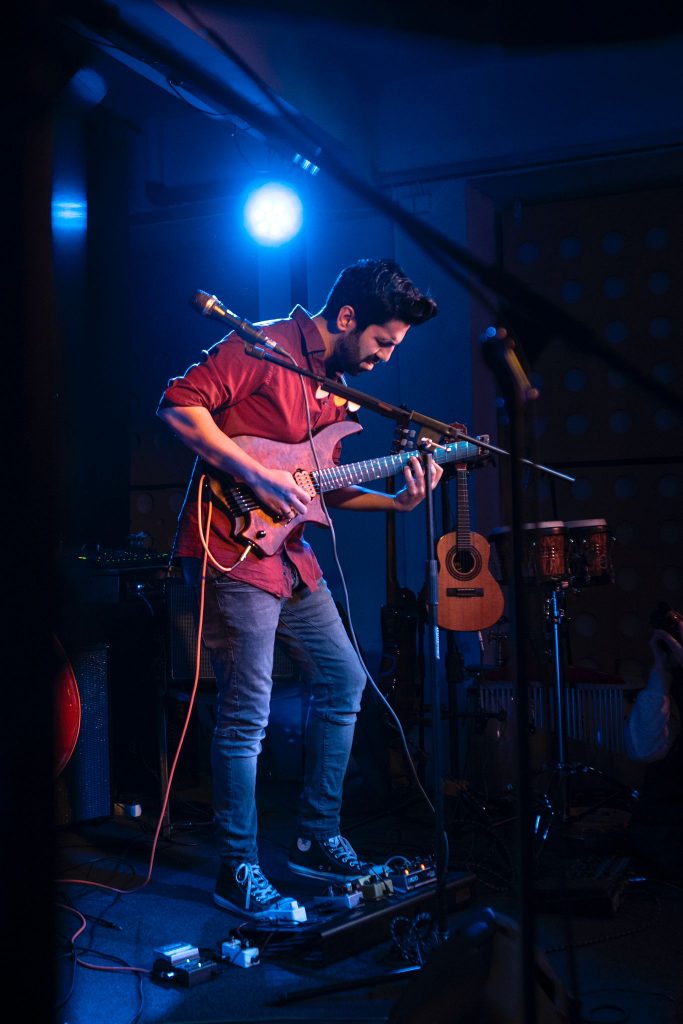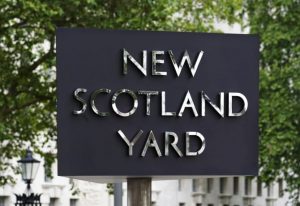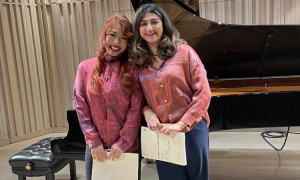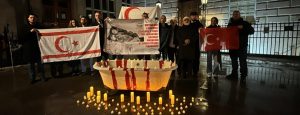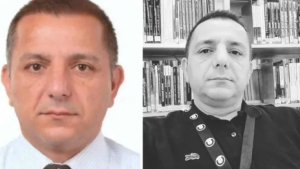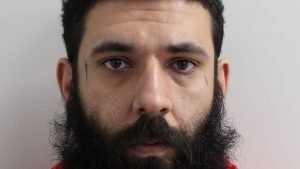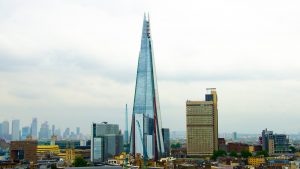‘The Heretics’: Paşa Çelik’s musical response to the injustice of the Sivas Massacre
At the 30th anniversary of the Sivas Massacre, the impact of the tragic event that took place at the Madımak Hotel in 1993, where 35 intellectuals tragically lost their lives, was once again felt in both Turkish and global public opinion. The outcomes of the legal proceedings related to this historical tragedy have awakened deep feelings of sorrow and injustice in society. Particularly, the dropping of the case against the three fugitive suspects due to the statute of limitations has intensified these emotions.
In response to these events, Turkish jazz guitarist Paşa Çelik has initiated an artistic uprising against the injustice of the Sivas Massacre with his new single, “The Heretics.” This piece, with its insurrectionary theme rather than mournful melodies, and featuring Çelik’s masterful blend of rock and jazz sounds, is an emotional composition that channels the anger and rebellion sparked by the massacre into music.
In “The Heretics,” Çelik narrates the story of the massacre through guitar melodies played using the hybrid picking technique. This technique, which involves the simultaneous use of fingers and a pick, creates rich and complex melodies and rhythms. Another striking aspect of the piece is the constant tonal shifts in the chorus, rapidly oscillating between major and minor tonalities over the same root note, creating a contrast in the piece. This reflects a state of mind caught between sorrow, anger, or aggression. The rapid tonal shifts, both challenging and labor-intensive, demonstrate Çelik’s technical prowess and contribute significantly to the emotional depth and meaning of the piece.
Çelik is accompanied by French drummer Gaet Allard and Polish bassist Piotrek Moczurad in this project. This international collaboration adds a global dimension to the project. Moczurad comments, ‘Being a part of this project, I was astounded by Paşa’s technical skill and creativity. It’s a story the whole world needs to hear.’ Allard adds, ‘The sentiment in Paşa’s guitar directly reflects the soul of the story.’
The drum recordings were done in London and the guitar recordings in Poland, while the sound engineering, mixing, and mastering were handled by Julien Baraness. Baraness notes, ‘The sound Paşa created with this technique adds deep meaning and power to the project.’

